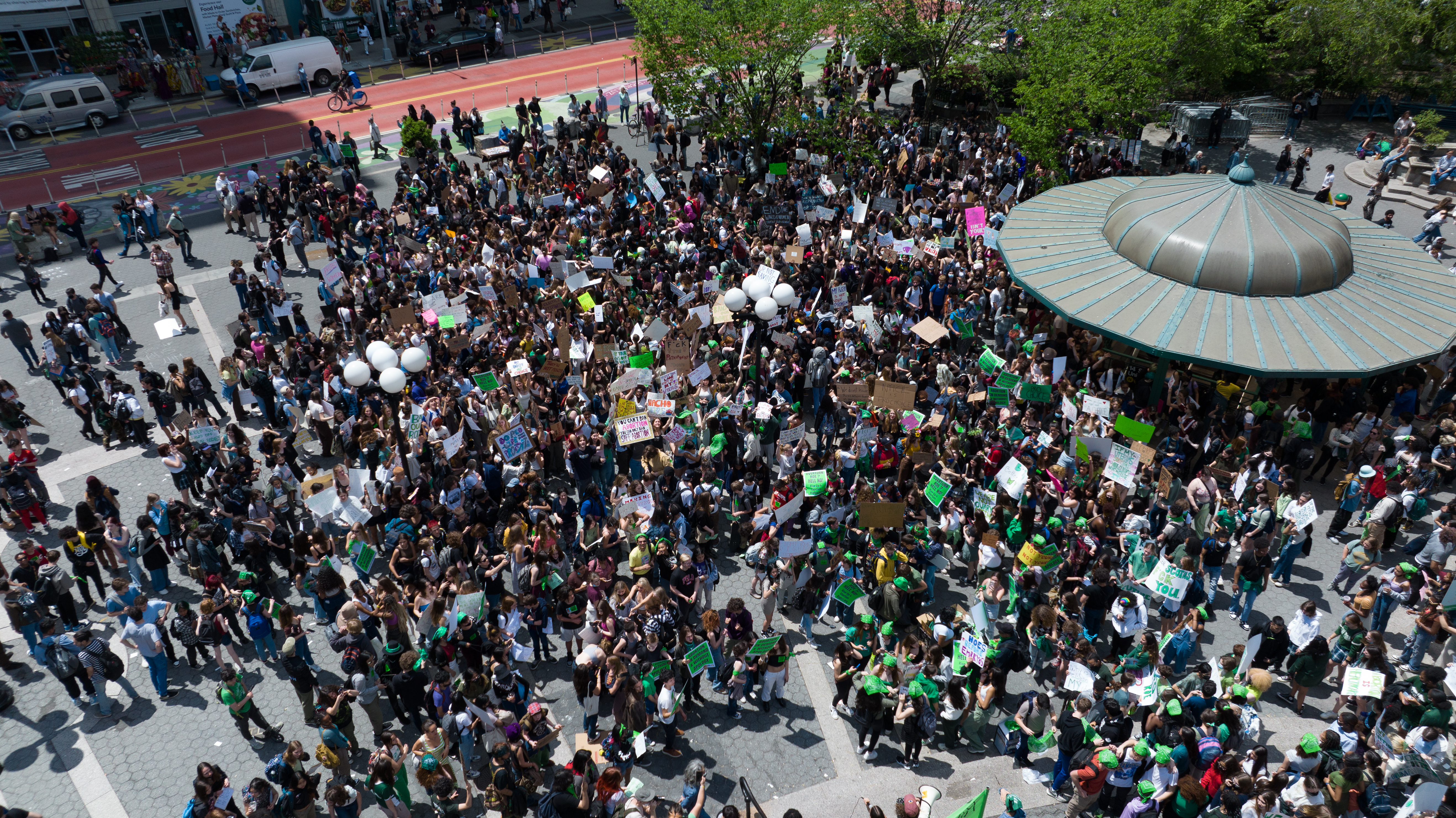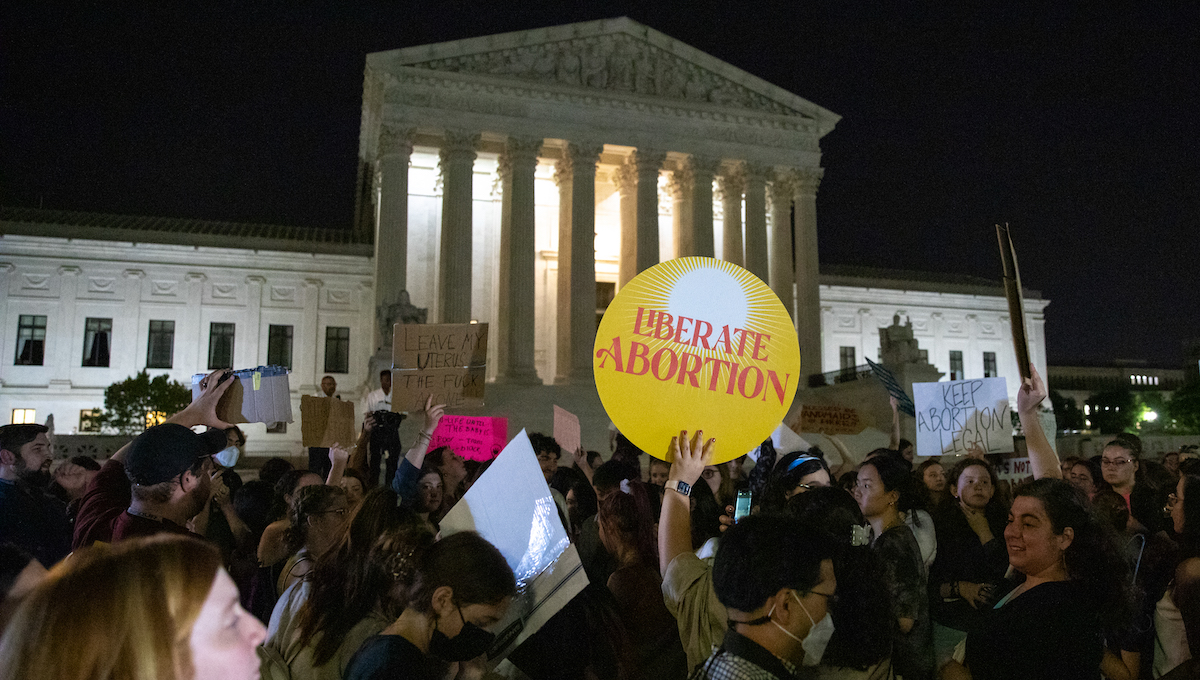Thousands of people took to the streets of San Francisco Saturday to demonstrate for abortion protection rights.
San Francisco’s event was one of numerous demonstrations going on across the nation. The motto of the rally was “Bans Off Our Bodies.”
Similar marches and protests happened Saturday from New York to Los Angeles, as people were applying public pressure on Congress and the Supreme Court that they need to keep their law making hands off of women’s bodies.
“When you do nothing, then things will get worse and I don’t want that to happen. I want my body, my choice," said Nyajal Taylor of San Francisco.
The protests come just days after the U.S. Senate failed to pass a bill that would have protected women’s reproductive rights, including a right to an abortion.
“Democrats simply have not put up a big enough fight to protect abortion or get rid of student loans. So, we really have to depend on each other and build a movement,” said Michael Mendoza of Oakland.
Some of the demonstrators said that the show of numbers has to take other shapes as well to affect change and that means putting pressure on corporations that fund political campaigns by affecting their bottom line.
“What I really think is we need our things like walkouts and like days of no work and no purchase,” said Oakland resident Shayna Howlett.
Demonstrators said that mobilizing in bigger numbers is the key to success, no matter which political party is in power or which way the highest court is leaning politically.
Get a weekly recap of the latest San Francisco Bay Area housing news. >Sign up for NBC Bay Area’s Housing Deconstructed newsletter.
“You know it was a conservative president and a conservative Supreme Court when Roe was passed the first time. So, if the protests are big enough and the pressure is strong enough, we can still win,” said Clara Ackerman of Berkeley.
Our crew on scene did not see any abortion rights opponents demonstrating along the protest route in San Francisco, but there were also small counter-demonstrations against abortion rights in some cities.



